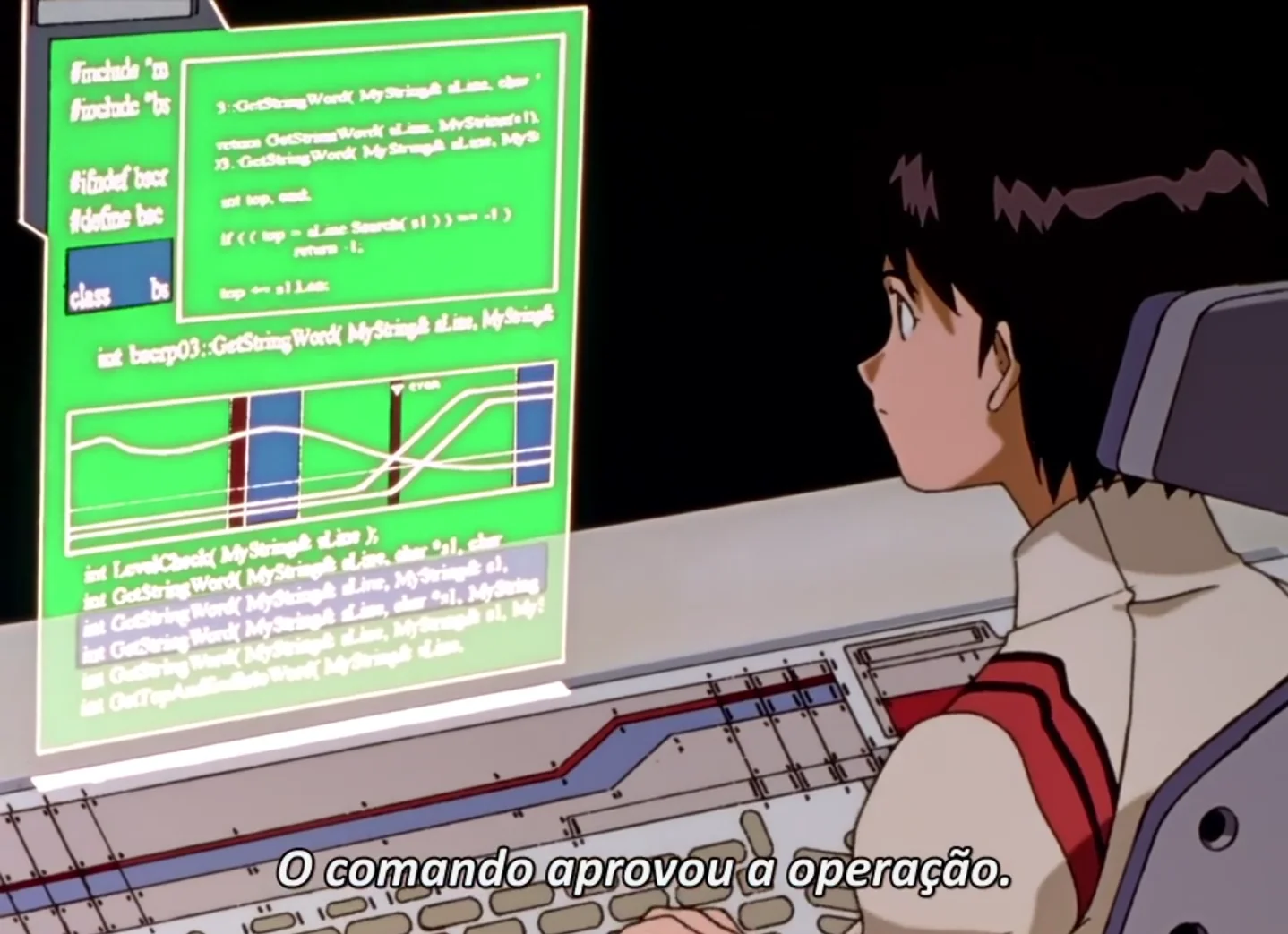
Introduction
In modern systems, JSON has become the de facto standard for exchanging structured data. Its popularity comes from its simplicity and readability. Yet, beneath this apparent simplicity lies a crucial question: how can we be sure that what we call “JSON” actually respects the rules of the format? Parsing alone is not enough — validation is essential.
In this article, I share a way of thinking about JSON validation that goes beyond existing tools. The objective is not to provide a new parser or a piece of software, but to propose a conceptual algorithm for understanding what it really means to validate JSON.
The Problem of Validation
When we speak of JSON, we often assume that if a parser can read a string without raising an error, then the content is valid. But this is a limited perspective. Validity is not only about whether a program can read something — it is about ensuring that the structure itself is logically coherent.
Consider examples such as:
- A string of brackets that does not close properly.
- A key-value pair that introduces ambiguity.
- A number formatted in a way that does not respect the grammar.
Each of these cases reveals that validity is more than acceptance by a machine; it is about respecting a grammar of constraints.
A Conceptual Algorithm
Think of JSON as a language, and validation as the process of ensuring that an expression belongs to that language. The input can be imagined as a sequence of tokens that must satisfy a set of structural invariants:
- Balance of symbols — Brackets and braces must open and close symmetrically.
- Hierarchy of structures — Arrays and objects must respect proper containment and the pairing of keys and values.
- Atomic correctness — Strings, numbers, and booleans must individually conform to their definitions, not just appear in plausible positions.
- Contextual integrity — Commas separate elements, colons separate keys from values, and no symbol may appear outside its logical context.
Conceptually, validation is a traversal that checks whether these invariants hold at every step. Framing validation this way turns it into reasoning over structure, not just a mechanical check.
Implementation in Practice
Although this discussion is conceptual, I also implemented the approach as a function inside my C++ statistical and data manipulation library, Fulgurance. See: ValidateJSON in Fulgurance.
The goal of that implementation is not simply to provide another JSON parser, but to embed validation as part of a broader framework for robust data handling. Within statistical analysis and data transformation pipelines, ensuring that incoming JSON is structurally valid is essential — otherwise, even the most advanced models risk being built on broken foundations.
Why This Matters
Why pursue such an abstract approach when libraries already exist? Because abstraction brings clarity. By reducing validation to invariants and constraints, we can:
- Understand failures more precisely (not just “invalid JSON,” but which invariant failed).
- Generalize the approach to other structured formats.
- Design systems that embed validation conceptually, rather than as an afterthought.
The value is not in producing yet another parser, but in providing a framework for thinking about validation as a logical discipline — and then making it usable in practice.
Conclusion
JSON validation is often taken for granted and delegated to tools. But by analyzing what validity really means, we uncover a rich conceptual territory. Framing validation as the enforcement of structural invariants deepens our understanding of JSON as a language and validation as an algorithmic principle. This perspective is both theoretical and practical, culminating in an implementation within my C++ library, Fulgurance. Sometimes, the act of validation is less about the code we run and more about the concepts we sharpen.
Comment